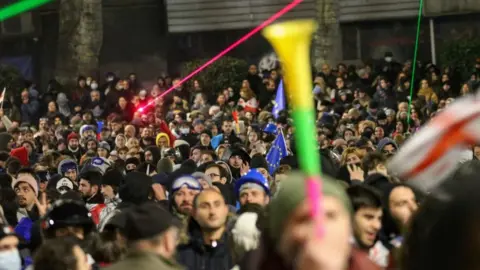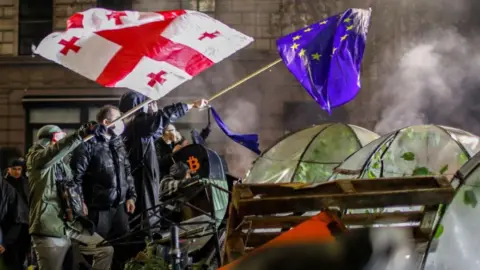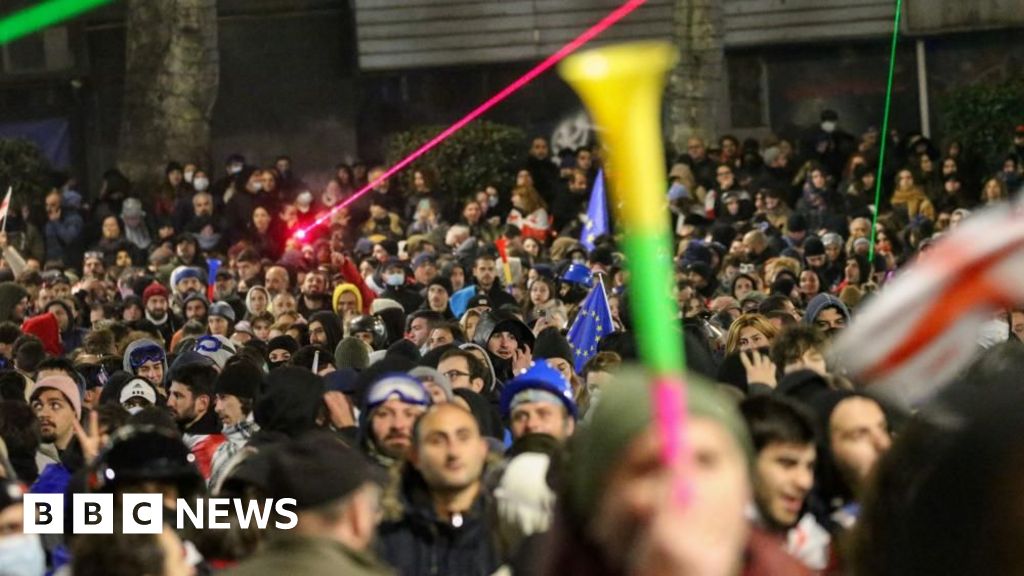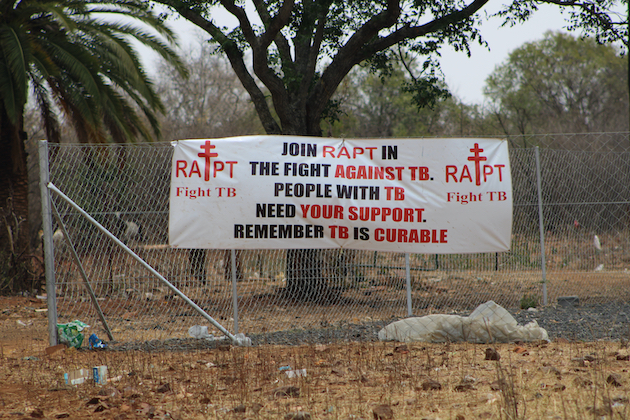Georgia protests continue for third night after EU talks halted
 Reuters
ReutersProtesters have taken to the streets of Tbilisi for the third night in a row to protest against the government’s decision to put EU accession negotiations on hold.
Large numbers of riot police have been deployed around the country’s parliament, the focal point of the ongoing protests, which have seen police have deploy water cannon and tear gas in recent days.
Demonstrations are also taking place in the cities of Batumi, Kutaisi, Zugdidi, and in other Georgian regions.
Georgia’s pro-EU president Salome Zourabisvhili told the BBC she will stay in post until new parliamentary elections are held.
She said will retain her role as president, despite the country’s newly-elected parliament saying it would choose her replacement on 14 December.
Zourabisvhili has claimed the current parliament is “illegitimate” after opposition MPs alleged fraud in last month’s elections.
Hundreds of civil servants have signed letters expressing their disapproval of the government’s decision to put negotiations with the EU on hold, saying it went against the national interests of Georgia.
Georgian ambassadors to Bulgaria, Netherlands and Italy have also resigned.
Since 2012, Georgia has been governed by Georgian Dream, a party which critics say has tried to move the country away from the EU and closer to Russia.
The party claimed victory in last month’s election but opposition MPs are boycotting the new parliament, alleging fraud.
On Thursday, the European Parliament backed a resolution, describing the election as the latest stage in Georgia’s “worsening democratic crisis” and saying that the ruling party was “fully responsible”.
Following the resolution, Georgia’s prime minister said his government had “decided not to bring up the issue of joining the European Union on the agenda until the end of 2028”.
A group of public figures, writers and journalists have been protesting outside the country’s public broadcaster in the capital Tbilisi, accusing it of being a mouthpiece for the country’s ruling party.
“The public broadcaster must be freed from the influence of the Russians and the pressure of the regime,” said writer and activist Lasha Bugadze.
“The public broadcaster covers the whole of Georgia and they are brainwashing our population with propaganda, people who may not be sure what is going on,” he said.
 EPA
EPAFour opposition coalitions and parties that won seats in last month’s parliamentary elections but refused to take up their mandates citing widespread vote rigging have issued a joint statement, calling for fresh elections under international supervision.
“Parties with a legitimate mandate of the Georgian people will confront the illegitimate regime of Georgian Dream and the systemic violence against peaceful demonstrators and journalists,” read the statement.
The US has condemned the “excessive use of force” in Georgia and called on all sides to ensure the protests remain peaceful.
“The Georgian people overwhelmingly support integration with Europe,” a statement from the State Department said.
Some 150 people were detained following the 29 November protests in the capital Tbilisi. Police used water cannon, tear gas and rubber bullets to disperse the protesters.
At dawn on 30 November the police crackdown intensified as they began chasing the demonstrators, kicking and beating them with batons.
The country’s Prime Minister Irakli Kobakhidze said that 50 police officers were injured at the hands of “violent protesters who threw Molotov cocktails, pyrotechnics, glass, stones at the police”.
Kobakhidze has also lashed out at European politicians for “hurling a cascade of insults” at the Georgian government.
Check out our Latest News and Follow us at Facebook
Original Source







